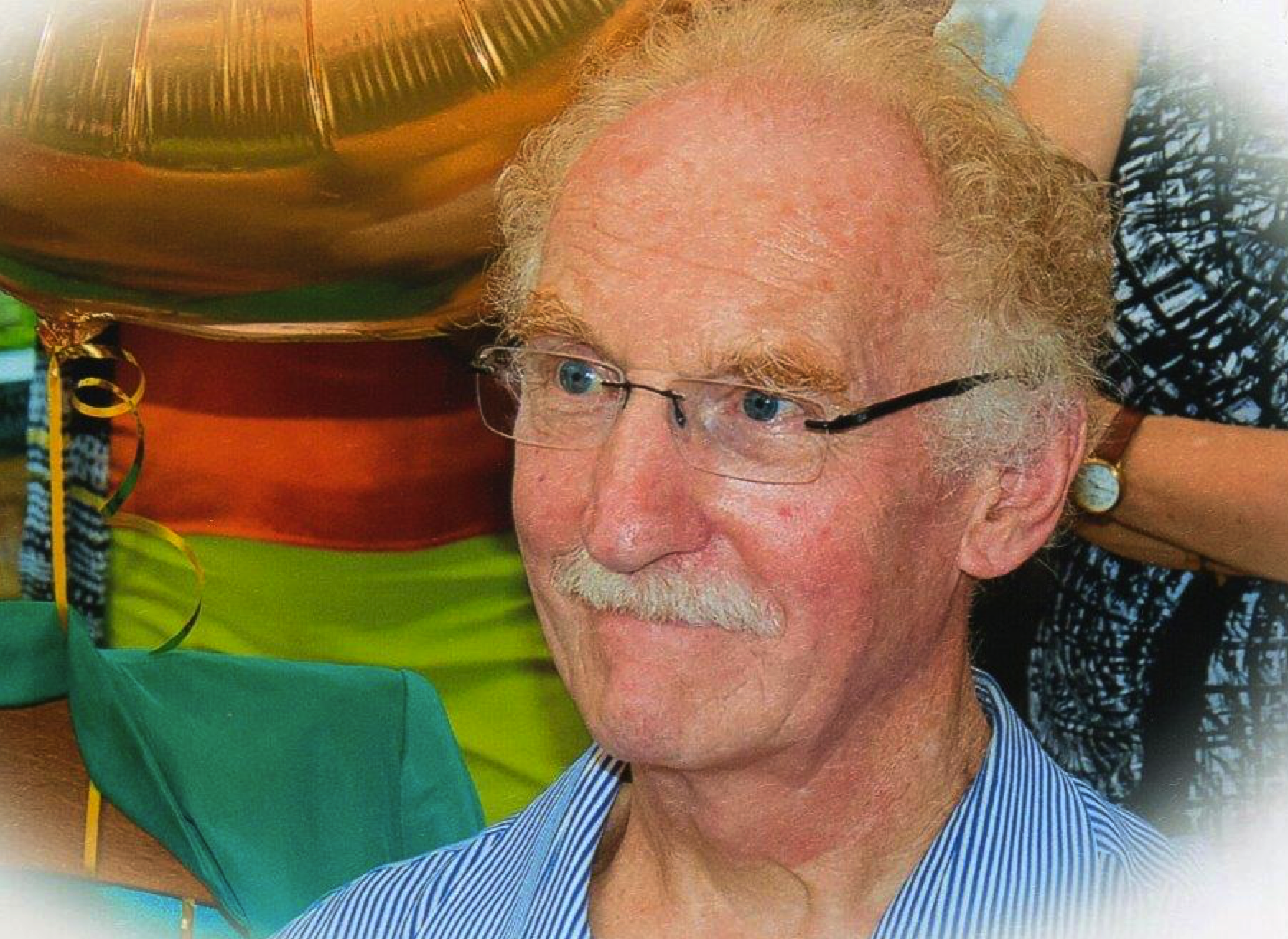Spare a Thought
At the height of the bushfire emergency in Australia this summer, questions were raised about climate change and its contribution to the disaster. Some people reacted angrily declaring it wasn't the time to ask such questions. Too busy and preoccupied they were unable to spare a thought for climate change.
We can spare a thought if we make space in our mind.
COVID 19 has now replaced the bushfires and is an emergency, not just in Australia but around the world. Like the fires it advances at a fierce and frightening pace. We are all rightfully anxious and our minds under great strain as we attempt to process information and make changes in our lives.
Spare a thought for our minds. They are hard pressed and have a lot to contend with!
This virus is transferred from one person to another by cough or sneeze or touch. It is transferred when the person infected coughs or sneezes into the face of the uninfected, and the virus enters the mouth, nose or eyes. Infected hands that touch other hands that then touch the mouth, nose or eyes have the same result. The virus also can be coughed, sneezed and by touch placed on a solid surface or object where it remains dangerous for a time. It is also – and perhaps most frequently – transferred when someone speaks, because when we speak we lose tiny microscopic bits of saliva that can stay in the air and on objects.
We are all learning how to protect ourselves and safeguard life, our own and others. Keep a safe distance; don't touch any (possibly) infected person; wash hands, disinfect suspect surfaces.
All of this is very exhausting. Our experience now is not normal. Even if the biological virus does not get into our body, a virus-like panic can breach the membrane of our imagination. Our ‘normal’ level can multiply by 5 or 10 times.
Virulent and infectious anxiety coupled with isolation is a toxic brew. If social distancing becomes emotional distancing, we become more vulnerable.
The longings for social connection, for attachment and companionship that presently we in our isolation must consciously suppress, don't unconsciously just 'sit and wait'. Social connection is not some appetite: we are who we are in and through others; and it’s how we daily maintain ourselves. A great English word (hopefully other languages have an equivalent) discombobulation, (confusion and a wholesale lack of internal balance) describes the predicament. We might have a dream where a COVID 19 world has taken up residence within us. We wake and make space in our own mind to think about the dream. We regain our balance.
Before the present emergency the public health system in Australia required patients to see a doctor in person in order to qualify for a state subsidy. That was changed to allow telephone or Internet consultation. Some weeks later with increasing shutdowns it was accepted that psychological consultations would also qualify.
This is a step in the right direction, but there is a continual need to campaign so that in the public mind it is recognised that there are people who before the arrival of COVID 19, lived their lives in a heightened state of anxiety. Their minds have long been preoccupied with survival. For them, close contact with another person can be dangerous. The emotions and the thoughts of others are perceived as threatening and dangerous. If others get too close, they risk invasion and damage. This state is not temporary. They can't imagine a path to normality. Their anxieties can multiply not by 5 or 10 but by 50 or 100.
All of us can now experience what it’s like to be them. We have a (small) taste of how they suffer. And we, as we suffer, can feel the companionship of our fellow human beings in the same predicament. They can’t, or struggle mightily, to do so. As the real world becomes more frightening their longings for human warmth and emotional closeness increases. But when these longings spell danger where do they turn? Their dreams can become nightmares from which they can’t wake. The efforts of some to manage their minds, if publicly known, would be deserving of heroic status.
Can we ask the world on their behalf to spare a thought?
 Maurice Whelan is a Sydney psychoanalyst and writer
Maurice Whelan is a Sydney psychoanalyst and writer
Maurice Whelan grew up in Ireland. His initial studies were in philosophy and theology. He worked in London as a social worker and did his psychoanalytic training with the British Society. He moved to Sydney, Australia in 1992. He served two terms as Chairman of the Sydney Institute for Psychoanalysis. He is a training analyst with the Australian Society. He has published numerous articles and books: on education, psychoanalysis and the English essayist William Hazlitt; he is a published novelist and has written four books of poetry. His latest book, Summoned by the Tides; Cultivating a Mind in Mindless Worlds, will, he hopes, be published in 2020.